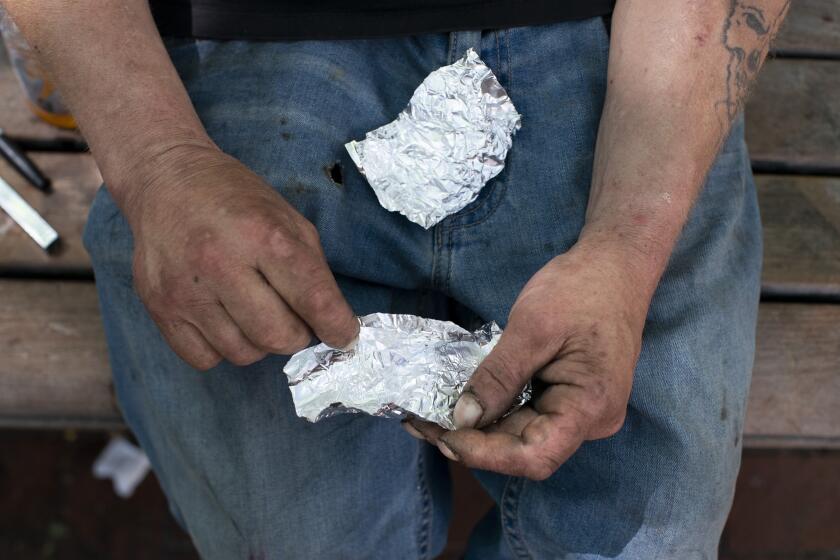Bolsonaro’s threats prompt Cuba to pull out of Brazil doctors’ program
Cuba announced Wednesday that it would no longer supply medical professionals to remote, disadvantaged areas of Brazil, saying the move comes after that nation’s rightist president-elect proposed unacceptable changes to the Mais Medicos (More Doctors) program.
“Due to this regrettable reality, Cuba’s Public Health Ministry has decided not to continue participating in the Mais Medicos program and has informed the director of the PAHO (Pan American Health Organization) and the Brazilian political leaders who founded and backed this initiative,” that ministry said in a statement.
The Communist-ruled island made the decision to recall the more than 11,000 Cuban doctors currently working in Brazil after President-elect Jair Bolsonaro questioned the preparedness of those specialists and said they would have to renew their qualifications and be hired individually.
“The changes announced impose unacceptable conditions and do not comply with the guarantees agreed upon at the start of the program,” the ministry added.
Questions arose about Cuba’s continued participation in the Mais Medicos program, which dates back to 2013 and provides medical care to remote communities underserved by Brazilian professionals, after then-President Dilma Rousseff of the center-left Workers’ Party (PT) was impeached and removed from office in 2016 for breaking budgetary laws
The provision of medical and other professional services is a main source of hard-currency revenues for the Cuban government.
Bolsonaro has said he wants the Mais Medicos program to continue but only if Cuban doctors receive their complete salary and bring their families with them to Brazil.
“Cubans earn approximately 25 percent of the salary. Does the rest serve to sustain the Cuban dictatorship?” Bolsonaro, who will take office on Jan. 1, said in an interview earlier this month in which he also questioned the need for Brazil to continue to have diplomatic relations with the Caribbean island.
The PAHO serves as an intermediary for Cuba’s participation in the Mais Medicos program, through which nearly 20,000 doctors from the island have treated 113.3 million Brazilian patients.
Qualified Cuban professionals frequently opt for foreign missions as an avenue for increasing their incomes, since the average state salary in their homeland is just over $30 a month.
The island’s government, however, keeps a portion of the salaries that the foreign countries pay for these specialists.


